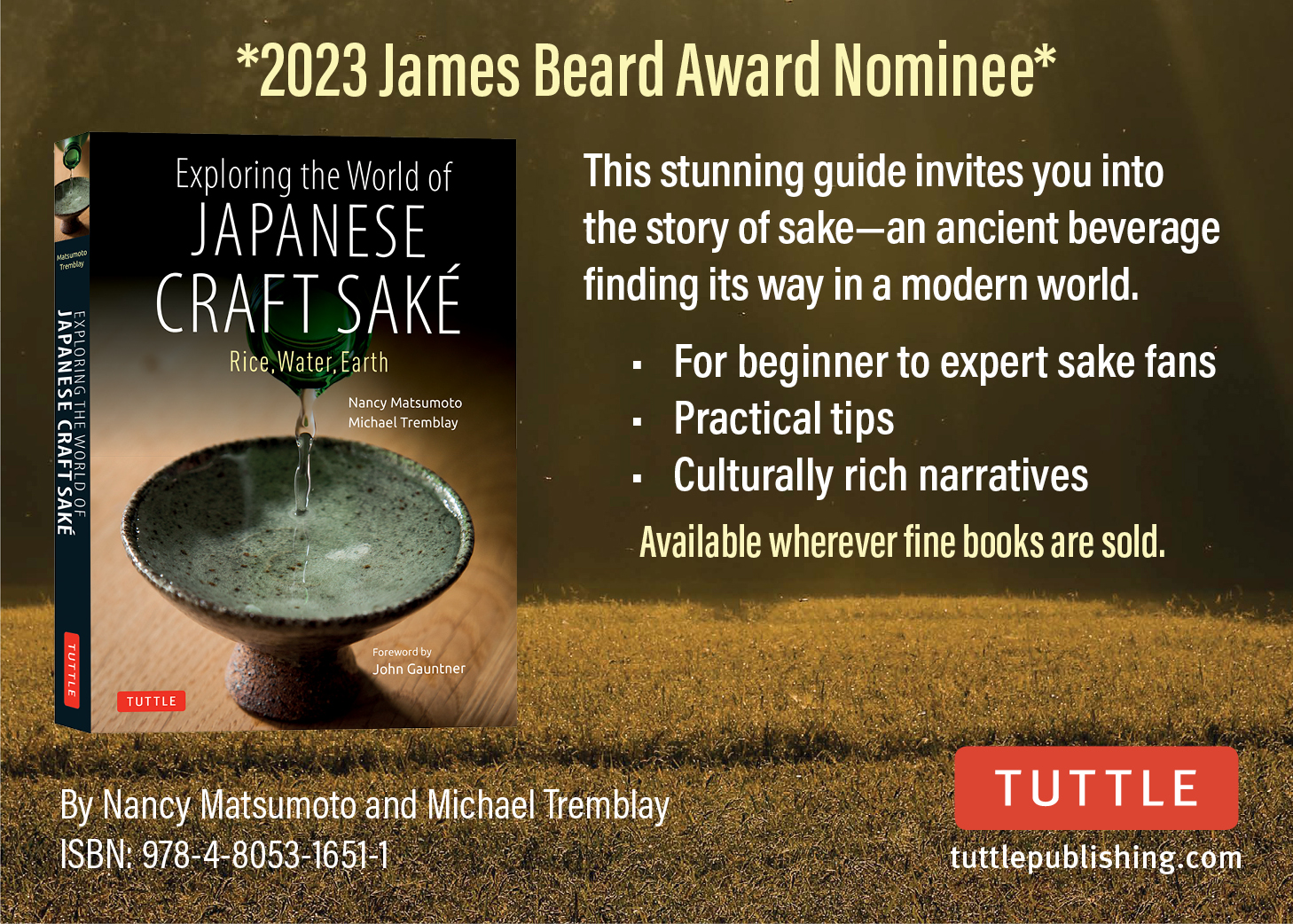There are few more gratifying pursuits than heading to the farmers market for locally made cheese. Nestled amid colorful, riotous stalls bursting with organic Empire apples, Lacinato kale, Violina Di Rugosa butternut squash, marbled grassfed beef and heritage pork products vying for attention, casual browsers suddenly stumble across serene islands of cheese.
Cheese tables often just harbor few quiet white rounds, a line of squat tubs, cute buttons, a plate of cubed white samples ready to be skewered, or spreadable soft cheeses with bread slices and crisp crackers waiting to be slathered. Unlike some of their needier market companions, cheese goes with pretty much everything, but can also be consumed on their own. They never need to be peeled, massaged, or seeded to tease out their flavor; they don’t even have to be cut up, really. Heating is optional. And while they don’t need to be paired with anything, when we do, we often reach for one of the local beers, ciders, or wines being sold at the market. What grows together, goes together, and the cheesemakers and producers are more than happy to recommend market pairings for the ultimate locavarian feast.
After a half-century of consuming plastic-encased (and flavored) orange singles, it seems we can’t get enough of the real deal. For the past decade or so in the Hudson Valley, we have witnessed an artisanal cheese revolution that shows no signs of letting up. In reality, it has been taking place across the country, with more than 300 varieties of cheese being produced by more than 800 artisan makers; sales in the specialty cheese market hover around $17.5 billion in the U.S., according to consumer research group Packaged Facts. But it feels especially cheesy here, right?
As one of the top five cheese-producing states in the country (along with Wisconsin, California, Idaho, and New Mexico), New York has the triple crème-de-la-crème of options.
One local farm market favorite is Lime Kiln Farm. Founded by Brent Zimmerman and Alessandro Voglino after Brent learned to make cheese from an elderly blind woman in the mountains of Italy, the Coxsackie cheese company creates stunning goat and cow’s milk cheese from animals that roam and feed on the grass of their 400-acre farm. Like all other locally grown and fermented foods, the taste of the cheese changes seasonally. Spring foraging produces a lighter and brighter cheese, while winter cheeses are deeper and earthier. Two current offerings to seek out: their creamy, slightly sour chevre, paired with a bright apple wine from Applewood, and the Hudson Brie washed down with a fresh cider from Bad Seed. Find them at Coxsackie, Hillsdale-Copake, Catskill, and Irvington’s farm markets.
R&G Cheese Makers from Troy never lets us down with their crowd-pleasing cheeses, from toddler-taming mozzarellas to the foodie-friendly Trufflebert, a camembert-style goat cheese with a layer of Italian black truffles. There’s nothing better than homemade pizza with R&G mozzarella and a glass of Tousey Winery’s Pinot Noir. Find R&G Cheese (and sometimes master cheese maker Sean O’Connor) at Empire State Plaza Market, Schenectady Greenmarket, the Troy Waterfront Farmers Market, Saratoga Farmers’ Market, and Delmar Saturday Market.
For a special occasion, there’s Old Chatham Sheepherding, a cheesemaker with more gold awards than Michael Phelps. Founded by Nancy and Tom Clark in 1993 when they bought 600 acres of grassy fields in Old Chatham, they crank out phenomenal sheep’s cheeses like Old Chatham’s Camembert and Kinderhook Creek that serve as elegant bookends to any meal. We love pairing the Kinderhook Creek with a nip of Rye from Black Dirt Distillery. Old Chatham has become so hotly sought after, it can be found almost anywhere specialty cheese is sold, and larger national heavy hitters like Whole Foods, Fresh Direct, and Murray’s Cheese.
Our go-to for picnics and hostess swag is Aged Alpine from Hawthorne Valley Cheese. The raw cow’s milk cheese is inspired by classic Alpine cheese, and its bold, butterscotch, nutty flavor make it a happy pairing partner with any Hudson Valley wine, beer, or spirit. (Especially a sip of Hillrock Estate Distillery’s Solera Aged Bourbon). Both can be found at the Hudson Farmers Market.
Aside from the live music, samples, demonstrations, kids activities, and neighborly spirit you find at a farm market, buying cheese there (or a specialty cheese shop if you can’t make it to market) has the benefit of extra TLC. Grocery stores simply don’t have the staff, and sometimes the training, necessary to give cheese the individualized attention it needs. Wheels are cut well before you get them, different types of cheeses are thrown together in one case all at the same temperature (not ideal), and they’re wrapped poorly in plastic, which can dull flavors.
But left in the care of their maker, farmers market cheeses thrive, taste better, and last longer. Buon appetito!




